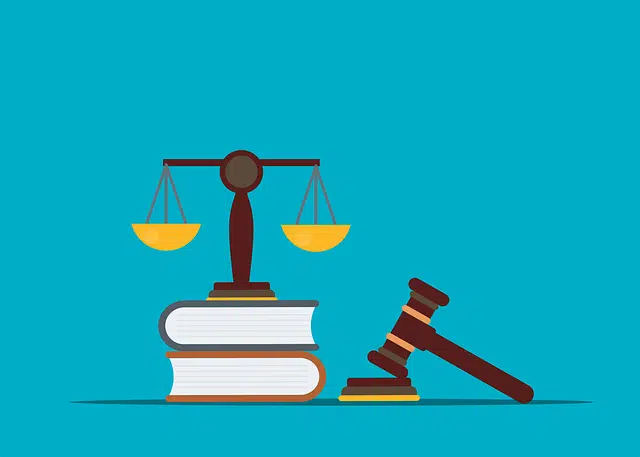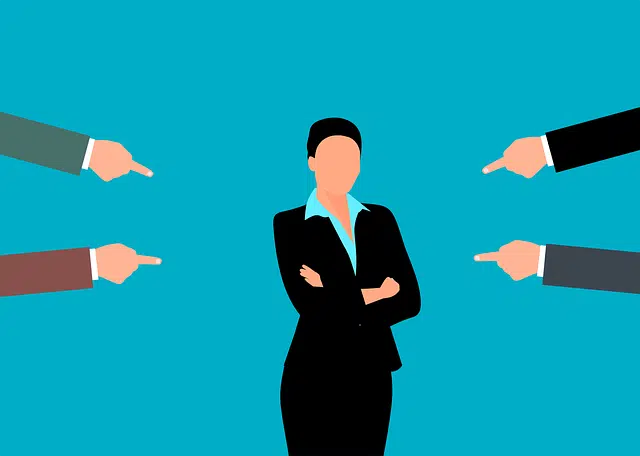
In law, fault involves the omission of proper conduct to prevent and avoid harm.
Guilt is an imputation made to someone for behavior that generated a certain reaction. The fact that is the cause of something else is also known as guilt.
For example: "The actor's family claims that the star committed suicide because of journalistic harassment" , "My grandfather had to leave the country because of political persecution" , "Television is no longer useful because of the electrical storm that "he burned the circuits."
Guilt in law
In the field of law , fault refers to the omission of diligence required of a subject . This implies that the harmful act of which he is accused motivates his civil or criminal liability . Fault, therefore, consists of the omission of conduct due to foresee and avoid damage, whether due to negligence, recklessness or inexperience.
A negligent crime is given by the act or omission that generates a result that is described as sanctioned by criminal law. The culprit should have foreseen such an outcome; On the other hand, he did not act with the care he should have.
Guilt implies reckless and careless actions. Fraud , on the other hand, is given by the knowledge and will to carry out punishable conduct that constitutes a crime. A man who shoots at another has the intention of wounding him (there is malice); On the other hand, if a person is cleaning a gun and shoots himself by mistake, he is guilty even if there is no intent.

Guilt can be associated with a feeling of responsibility for causing harm.
Control instrument
For psychology , guilt is an action or omission that generates a feeling of responsibility for damage caused: "I feel that, because of me, my daughter suffered too much."
In many ideologies, guilt is used as a control measure . Through emotional mechanisms, the subjects one wishes to dominate are made to assume guilt that has been dictated by the hegemonic power; This makes them vulnerable and capable of facing whatever it takes to avoid acting incorrectly.
The feeling of guilt is one of the biggest problems that invade our lives. From a young age they stun us with it, showing us that we are not free and that everything we do has an impact on the lives of others, even if what we do is authentically ours. They teach us to understand life based on obligations and responsibilities. We are not educated to be free but to depend on others in an unhealthy way . All of this feeds a vicious cycle of unhappiness where individual happiness seems unimportant.
Guilt and submission
Although in life in society it is necessary that we all do our part to be able to lead an orderly existence, sometimes we confuse harmony with submission. If there is something that harms us as individuals, we must work to eliminate it from our lives, even if resolving it requires us to break off a relationship with another person . Harming others is inevitable because each person perceives the world in their own way, but when harm has not been the objective of our actions, but rather the search for our own freedom, what can the problem really be?
In religious education, the feeling of guilt is a weapon of manipulation that causes many individuals, after having left the Church a long time ago, to continue suffering from the anguish and suffocation caused by guilt.
In morality, guilt occupies a fundamental place to "force" the faithful to act in the way in which the Church considers that we should all act; If not, the individual will be condemned to a life of psychological torture that could lead him to develop deep sadness and the inability to fight for his own desires.
